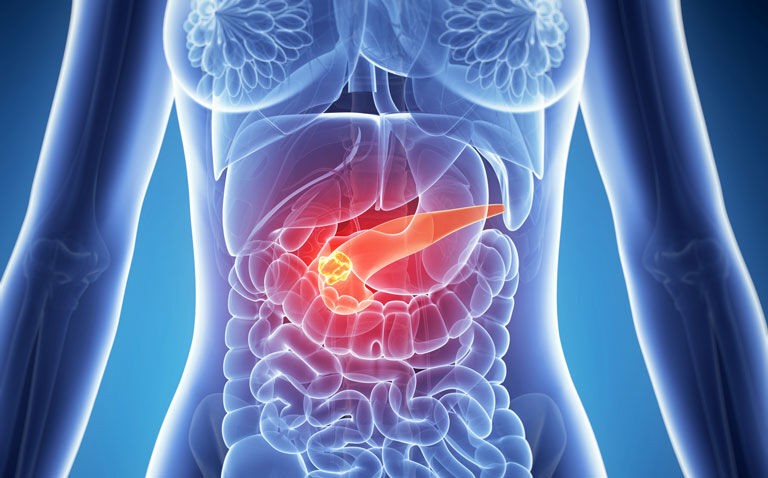A deep learning-based tool is able to detect pancreatic cancer tumours less than 2 cm which are often missed during an abdominal CT scan
A deep learning-based tool has been shown to accurately detect pancreatic cancers that are less than 2 cm and which can often be missed during an abdominal CT scan according to the findings of a retrospective study by Taiwanese researchers.
Pancreatic cancer has a poor prognosis and is the 12th most common cancer worldwide and in 2020 there were more than 495,000 new cases and an estimated 466003 global deaths. However, 5-year survival is poor and data for the UK suggests that only 7.3%)of people diagnosed with the cancer in England survive for five years or more.
The clinical diagnosis of pancreatic cancer is challenging as patients often present with non-specific symptoms with nearly a third of patients clinically misdiagnosed. Imaging has a crucial role to play in diagnosis though one retrospective analysis of different imaging modalities revealed that 62% of cases were missed and 46% misinterpreted, with 42% of cases missed because the tumour was less than 2 cm.
Previous research using a deep learning-based convolutional neural network, showed that the technology could accurately distinguish pancreatic cancer on computed tomography (CT) with acceptable generalisability to images of patients from various races and ethnicities.
However, in that study, segmentation of the pancreas, i.e. identifying that the region on a CT scan which actually is the pancreas, was performed manually by radiologists. But would it be possible for a deep learning-based tool to enable segmentation and to detect the presence of pancreatic cancer?
This was the question addressed in the current study by the Taiwanese team. They used contrast-enhanced CT collected from patients who had been diagnosed with pancreatic cancer and compared these with CT scans of non-cancer, control patients.
The deep learning-based tool was initially trained and validated on samples with and without cancer and then tested in a real-world set of CT scans and its performance assessed based sensitivity, specificity and accuracy.
Deep learning tool and prediction of small pancreatic tumours
A total of 546 patients with a mean age of 65 years (46% female) who had pancreatic cancer with a mean tumour size of 2.9 cm and 733 control patients were used in the training, validation and test set.
In a nationwide test set that included 669 cancer patients and 804 controls, the deep learning-based tool distinguished between CT malignant and control samples with a sensitivity of 89.7% (95% CI 87.1 – 91.9) and a specificity of 92.8% (95% CI 90.8 – 94.5) and an accuracy of 91.4%.
When comparing the tool with radiologists, the corresponding sensitivities for the local test set (109 cancer and 147 control patients) were 90.2% and 96.1% for the tool and radiologists respectively and this difference was not significant (p = 0.11).
The tool had a sensitivity of 87.5% (95% CI 67.6 – 97.3) for a malignancy which was smaller than 2 cm in the local test set although this was slightly lower (74.7%) in the nationwide test set.
The authors concluded that their tool may be of value as a supplement for radiologists to enhance detection of pancreatic cancer although further work was needed to examine the generalisability of the findings of other populations.
Citation
Chen PT et al. Pancreatic Cancer Detection on CT Scans with Deep Learning: A Nationwide Population-based Study Radiology 2022










